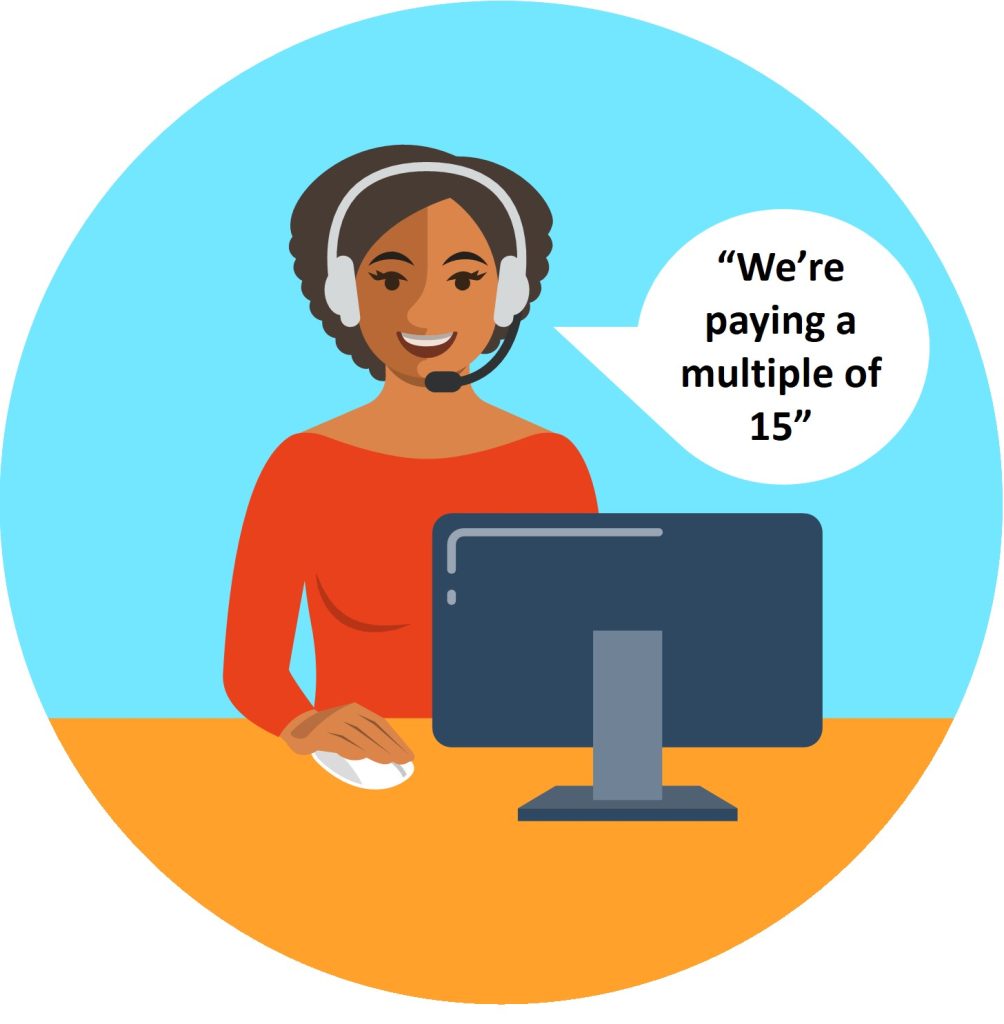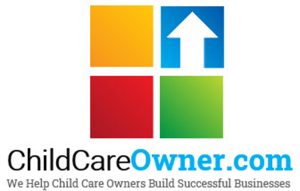A Leelanau child care push

[ad_1]
Mar. 18—NORTHPORT — A Leelanau County initiative is attempting to innovate in the child care realm by helping new providers with startup costs and guidance, while developing a new kind of childcare center.
The Infant & Toddler Child Care Startup, or ITCS, is a Leelanau County-based initiative that provides funding, resources and personal coaching to new providers in the area. It sprang from the Leelanau Early Childhood Development Commission after the commission received a $318,000 grant from the Early Childhood Investment Corporation in 2021.
With the startup, members of the Leelanau Early Childhood Development Commission thought they could create a child care provider model that functions like a business, provides a living wage for workers in the field and focuses on care for infants and toddlers, said Patricia Soutas-Little, the chair of the commission.
To do that, the startup covers the bulk of startup costs — such as new furniture or inspection fees — for the new providers and connects them with licensing coaches, personal coaches and business coaches in Leelanau County so that they can start more informed and with less debt.
“What we’ve tried to do is arm people with what they need to be successful,” Soutas-Little said. “And that’s where the dollars are being spent.”
The most innovative side of the startup’s work, however, is its work toward creating a new kind of provider, called a “microcenter.”
Typically, child care providers are either center-based or home-based. Those differing kinds of providers follow some different rules and licensing regulations.
The microcenters that ITCS is supporting would deviate from the traditional rules and act as a cross between center-based providers and home-based providers, Soutas-Little said. They will be an experiment to see if this kind of work can be replicated elsewhere, Soutas-Little said.
Center-based providers are typically more expensive, in part because of the rules that they need to follow from the state regulators and licensors, Soutas-Little said. The goal is for the microcenter model to allow new providers to run more cost-effective programs without hosting them in their homes, Soutas-Little said.
The startup has been working with staff from the State Department of Licensing and Regulatory Affairs, or LARA, to identify which regulations would work for their idea for new providers and which would need to be tweaked, Soutas-Little said.
The first of these microcenters will likely be Amalie Kristiansen’s Little Acorn Childcare at Northport’s Children’s Center, which will likely be open by the summer with a cap of 12 kids, mostly zero to 3 year olds. Kristiansen said she already had more than 20 families reaching out to her with their interest.
After having her son in 2021, Kristiansen said she felt she couldn’t go back to work because child care was too expensive and too difficult to line up. She had a connection through the local health department that brought her to Soutas-Little and the startup, and in August 2022, she started working toward creating her own child care provider in Northport.
However, Kristiansen, her husband and their son live with her mother-in-law, so starting a home-based center was out of the question for her.
The startup worked with Northport Public School, which has agreed to sublease the former Leelanau Children’s Center to Kristiansen for Little Acorn Childcare, Soutas-Little said.
Little Acorn Childcare passed inspections, but Kristiansen said she is in the process of applying for variances to the state, or requests for exceptions to certain areas of the law to make the microcenter possible. For Kristiansen, the biggest variance will be regarding her level of education — she does not have the degree required for a center-based provider.
Kristiansen said she feels that the startup and the development of microcenters could open the door for more people to open their own child care providers.
Without the startup, she said she likely would not have tried to open a child-care center herself.
“If I didn’t have this opportunity, I mean, I would probably be nannying,” Kristiansen said. “So, it’s nice to be able to help so much more in this way for more families in the area.”
So far, the initiative is working with five providers, to which they have given roughly $25,000 each to cover startup costs, Soutas-Little said. In total, the initiative has used about $119,000 of the $318,000 grant — some of that has gone to project management, some went to communications but most has gone to the providers.
A little more than $100,000 of the grant also will go toward tuition assistance to families in the first year, Soutas-Little said.
Two of their providers have already gotten started.
Kriya Miller opened her home-based provider just this month at half capacity, with the goal of reaching the full capacity of six kids in May.
“I honestly don’t know if we would have gotten started without (the startup), just because of those initial hurdles,” Miller said. “I needed that little extra support and that extra nudge.”
Soutas-Little said she realizes that this model can’t be easily replicated in just any other rural community, especially because of the grant that the Leelanau initiative has been able to use, but she and the others in the startup are trying to package the model they’re using so it can be replicated elsewhere.
But in Leelanau County, she said she’s happy with what they’ve been able to accomplish so far.
“Does it completely take care of it? Absolutely not,” Soutas Little said. “We’re looking to find more providers and hoping to continue this process, but that’s where we are right now, and we feel pretty positive about what we’ve been able to do.”
[ad_2]
Source link





